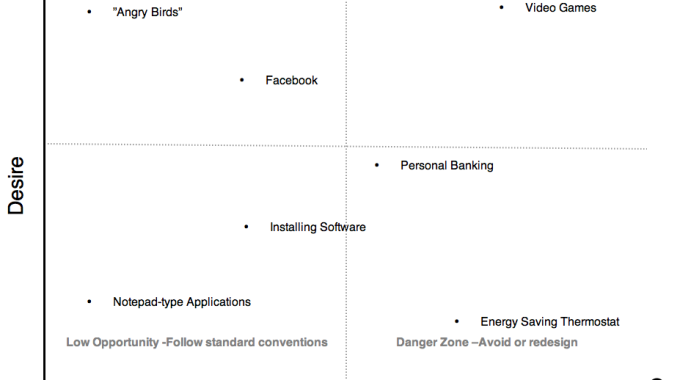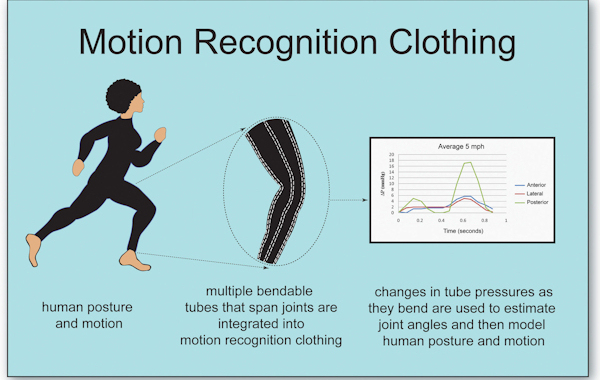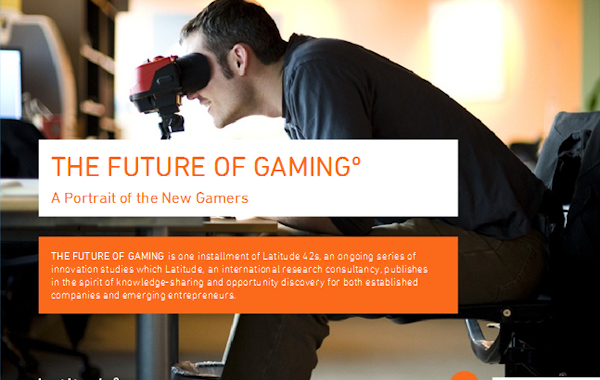Are Your Users S.T.U.P.I.D?
How good design can make users effective
 It is an honest question: how smart are your users? The answer may surprise you: it doesn’t matter. They can be geniuses or morons, but if you don’t engage their intelligence, you can’t depend on their brain power.
It is an honest question: how smart are your users? The answer may surprise you: it doesn’t matter. They can be geniuses or morons, but if you don’t engage their intelligence, you can’t depend on their brain power.
Far more important than their IQ (which is a questionable measure in any case) is their Effective Intelligence: the fraction of their intelligence they can (or are motivated to) apply to a task.
Take, for example, a good driver. They are a worse driver when texting or when drunk. (We don’t want to think about the drunk driver who is texting.) An extreme example you say? Perhaps, but only by degree. A person who wins a game of Scrabble one evening may be late for work because they forgot to set their alarm clock. How could the same person make such a dumb mistake? Call it concentration, or focus, we use more of our brain when engaged and need support when we are distracted.











